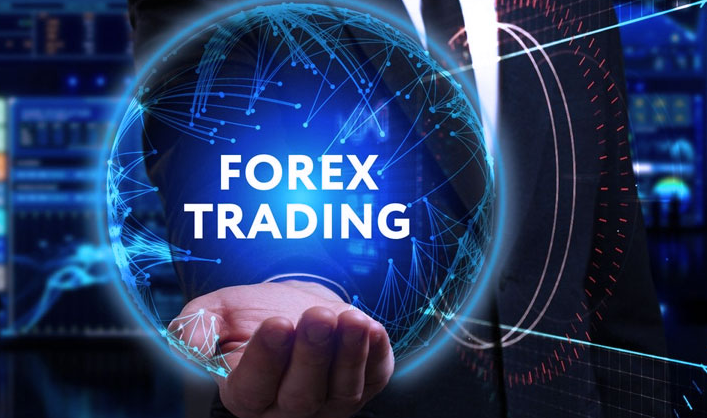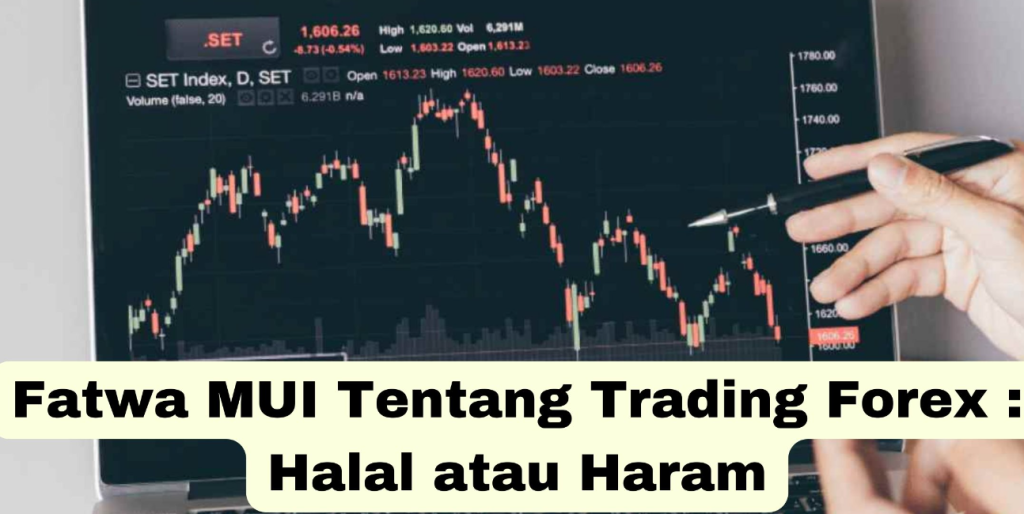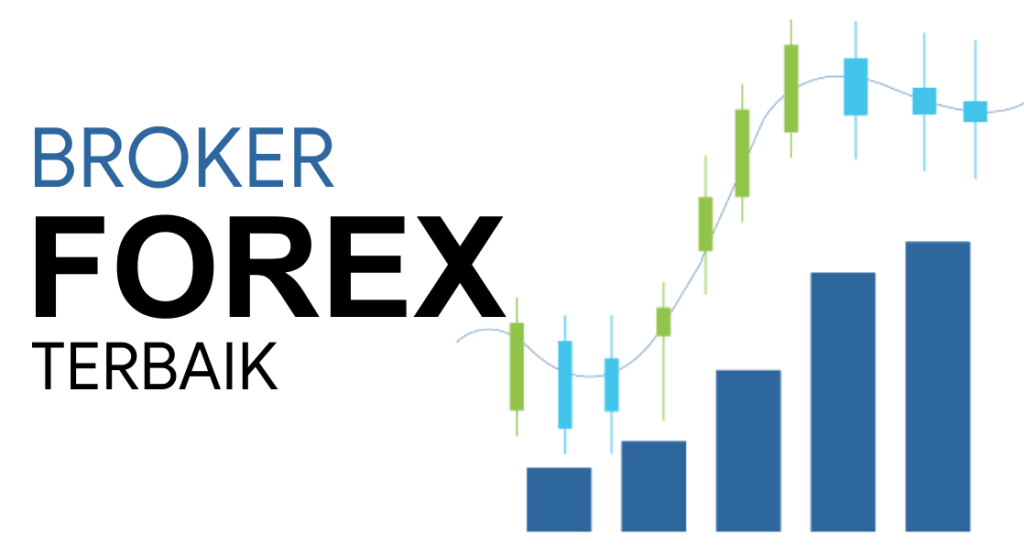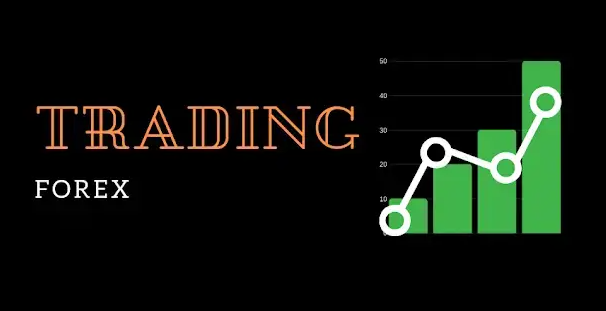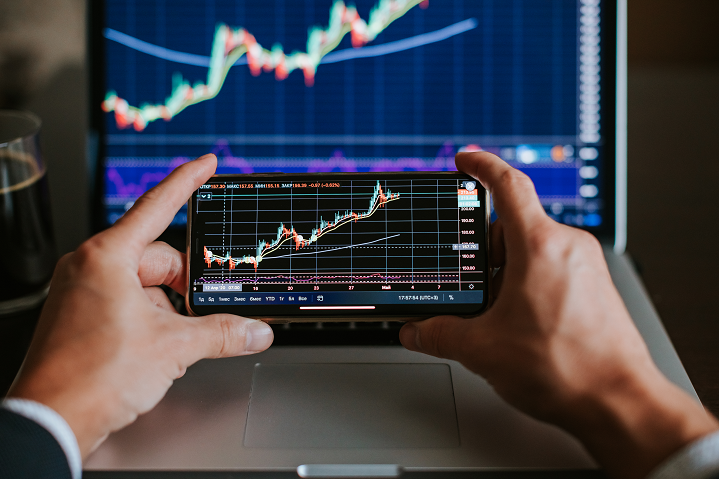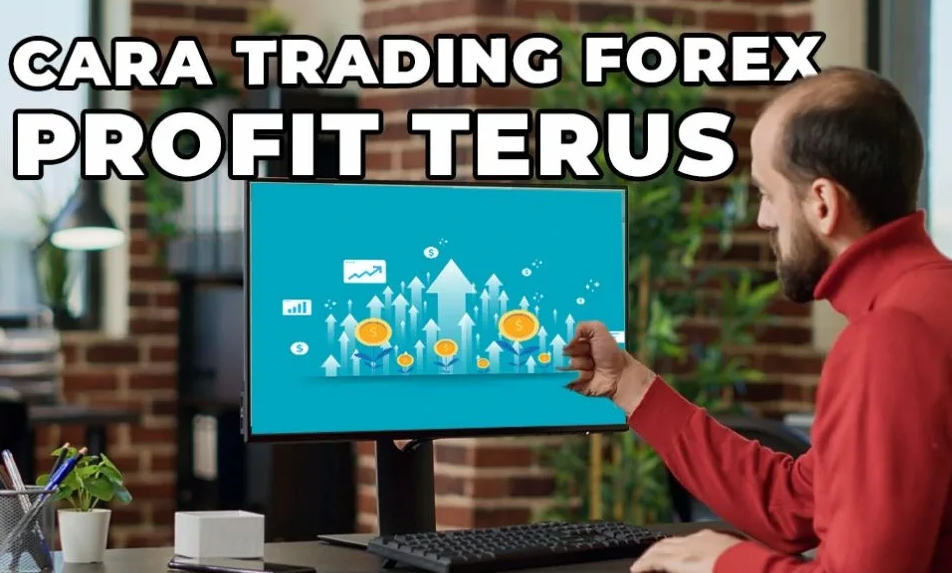Forex trading refers to the buying and selling of currencies in the foreign exchange market. It is a decentralized market where global currencies are traded 24/7, making it the largest financial market in the world. Forex trading can be an exciting and profitable endeavor, but it is essential to understand the basics before diving in.
What is Forex Trading?
The foreign exchange market, also known as forex or FX, is a decentralized market where global currencies are traded. The market is open 24 hours a day, five days a week, and trades around $5.3 trillion every day. Forex trading involves buying one currency and selling another currency at the same time. The currencies are always traded in pairs, and the price of one currency is determined by its value relative to the other currency in the pair.
How Does Forex Trading Work?
The forex market works similarly to the stock market, but instead of buying and selling stocks, traders buy and sell currencies. Forex trading involves speculating on the future price movements of currency pairs. Traders use various tools and strategies to analyze the market and make informed trading decisions. The goal of forex trading is to make a profit by buying a currency pair at a low price and selling it at a higher price, or by selling a currency pair at a high price and buying it back at a lower price.
Benefits of Forex Trading
Forexs trading offers several benefits that make it an attractive investment option for traders:
- Liquidity: The forex market is highly liquid, which means that traders can enter and exit positions quickly and easily.
- Accessibility: Anyone with an internet connection and a computer or mobile device can participate in forexs trading.
- Low Costs: Compared to other financial markets, the costs of trading are relatively low, with low spreads and no commission fees.
- Leverage: Forex brokers offer leverage, which allows traders to control larger positions with a smaller amount of capital.
Risks of Forex Trading
As with any investment, forexs trading involves risks. Some of the risks associated with forexs trading include:
- Volatility: The forex market is highly volatile, which means that prices can fluctuate rapidly and unpredictably.
- Leverage: While leverage can increase potential profits, it can also amplify potential losses.
- Counterparty Risk: Forexs trading involves counterparty risk,which refers to the risk that the other party in a forex trade will not fulfill their obligations.
- Market Risk: Forexs trading is subject to market risk, which refers to the risk of losses due to factors such as economic events, political instability, and natural disasters.
How to Get Started with Forex Trading
If you are interested in forexs trading, here are some steps you can take to get started:
Step 1: Learn the Basics
Before you start forex, it is essential to understand the basics of how the market works, the terminology used, and the different trading strategies available. There are many online resources available that can help you learn about forexs trading, including courses, articles, and videos.
Step 2: Choose a Forex Broker
To start trading forex, you will need to choose a forex broker. A forex broker is a company that provides traders with access to the forex market. When choosing a forex broker, it is essential to consider factors such as regulation, trading platforms, fees, and customer support.
Step 3: Open a Trading Account
Once you have chosen a forex broker, you will need to open a trading account. Most brokers offer different types of accounts, including demo accounts and live accounts. A demo account allows you to practice trading with virtual funds, while a live account allows you to trade with real money.
Step 4: Fund Your Account
Once you have opened a trading account, you will need to fund it. Most forex brokers offer a variety of funding options, including credit cards, bank transfers, and e-wallets. It is important to choose a funding method that is secure and convenient for you.
Step 5: Start Trading
Once you have funded your trading account, you can start forex. Before you start trading with real money, it is a good idea to practice trading with a demo account to get a feel for how the market works and to test out different trading strategies.
Conclusion
Forex trading can be a lucrative and exciting way to invest your money, but it is essential to understand the risks and benefits before getting started. By learning the basics of forex trading, choosing a reputable forex broker, and practicing with a demo account, you can increase your chances of success in the forex market.
Suggestions
If you are new to forexs trading, it is a good idea to start with a small investment and to use stop-loss orders to limit your losses. You should also keep up-to-date with market news and events that could affect the price of currency pairs. Finally, it is important to remember that forexs trading involves risk, and you should never invest more than you can afford to lose.

